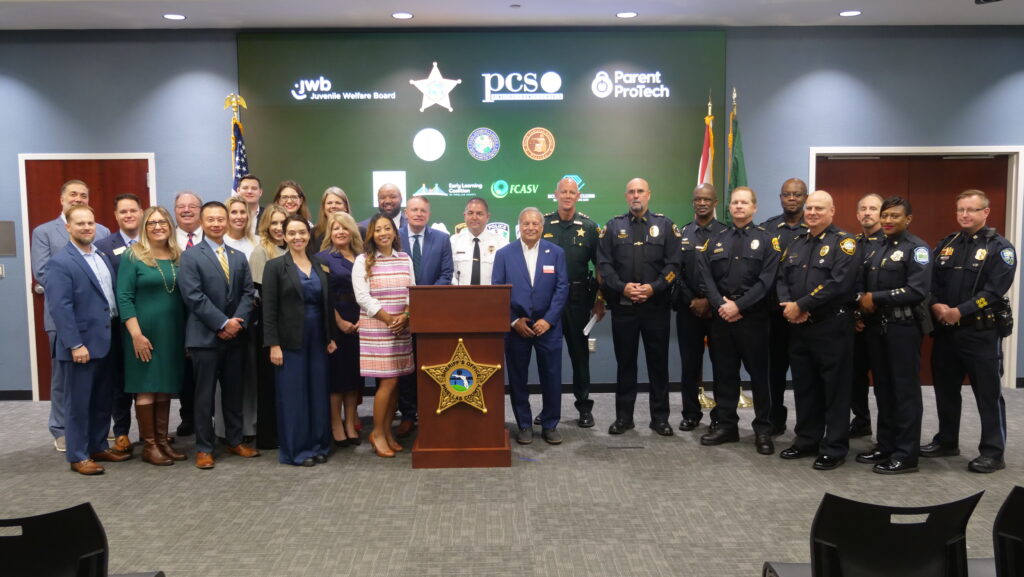Law enforcement agencies around Pinellas County are backing an initiative launched by the Juvenile Welfare Board (JWB) aimed at keeping kids safe online.
JWB announced that it is funding subscriptions to Parent Pro-Tech for Pinellas County parents and guardians.
What We Know:
Parent ProTech is an online platform that provides guides to parents and families about how to protect their children from online predators, cyberbullying and other threats.
The platform has an online library of videos and guides on parental controls, social media, AI and other topics related to children’s use of social media.
The JWB is funding annual subscriptions to the platform in an effort to encourage parents and guardians to take a proactive approach to online safety.
“It allows the parent to better understand what they can do to help protect their child,” Michael Mikurak, the Interim CEO, Juvenile Welfare Board said. “So, ‘How do I set up parent controls? How do I put firewalls?'”
Parent ProTech also aims to educate families on some of the commonly used apps and social media platforms and help parents figure out what questions they should be asking their kids.
“Who are you playing with?” Mikurak said. “And the answer is, My friend.’ Who’s your friend? Do I know them? Just that simple question alone will help potentially get a predator away from your child.”
Leaders with the company say their platform has even had to evolve with social media and new trends.
“Students using AI chatbots as emotional companions and relationship substitutes, and the alarming rise across the nation where these tools have encouraged self-harm and advise children to hide things from their parents,” Ashby Green, with Parent ProTech said.
What They’re Saying:
“This digital world is the playground for these predators,” Pinella County Sheriff Bob Gualtieri said.
Gualtieri says this year, his office expects to investigate more than 100 child pornography cases, involving more than 1,000 counts of child pornography across the cases.
“And once they view that child pornography, then it builds from there, and they begin reaching out and contacting kids and grooming kids, and then they have contact, and before you know it, we have a really, really bad situation,” he said.
The sheriff says in the majority of cases they investigate involving victims of child predators, parents had no idea what was going on.
“Are they really monitoring? Do they really know? And that’s where something like Parent ProTech comes in, because parents need to be educated about this,” Gualtieri said. “Parents really don’t know what they don’t know about what’s going on in this environment.”
The Pinellas County Schools Superintendent, Kevin Hendrick, also backed this initiative. He says continue to push for more legislation at the state level surrounding online safeguards, particularly with AI.
How to Get Involved:
Parent Pro-Tech offers its platform in English and Spanish.
You can find more information about the platform and how to sign up here.
JWB is making annual subscriptions free for families in Pinellas County.
View the full Fox 13 coverage as originally published at https://www.fox13news.com/news/pinellas-sheriffs-office-parent-pro-tech-launch-online-safety-program-children


